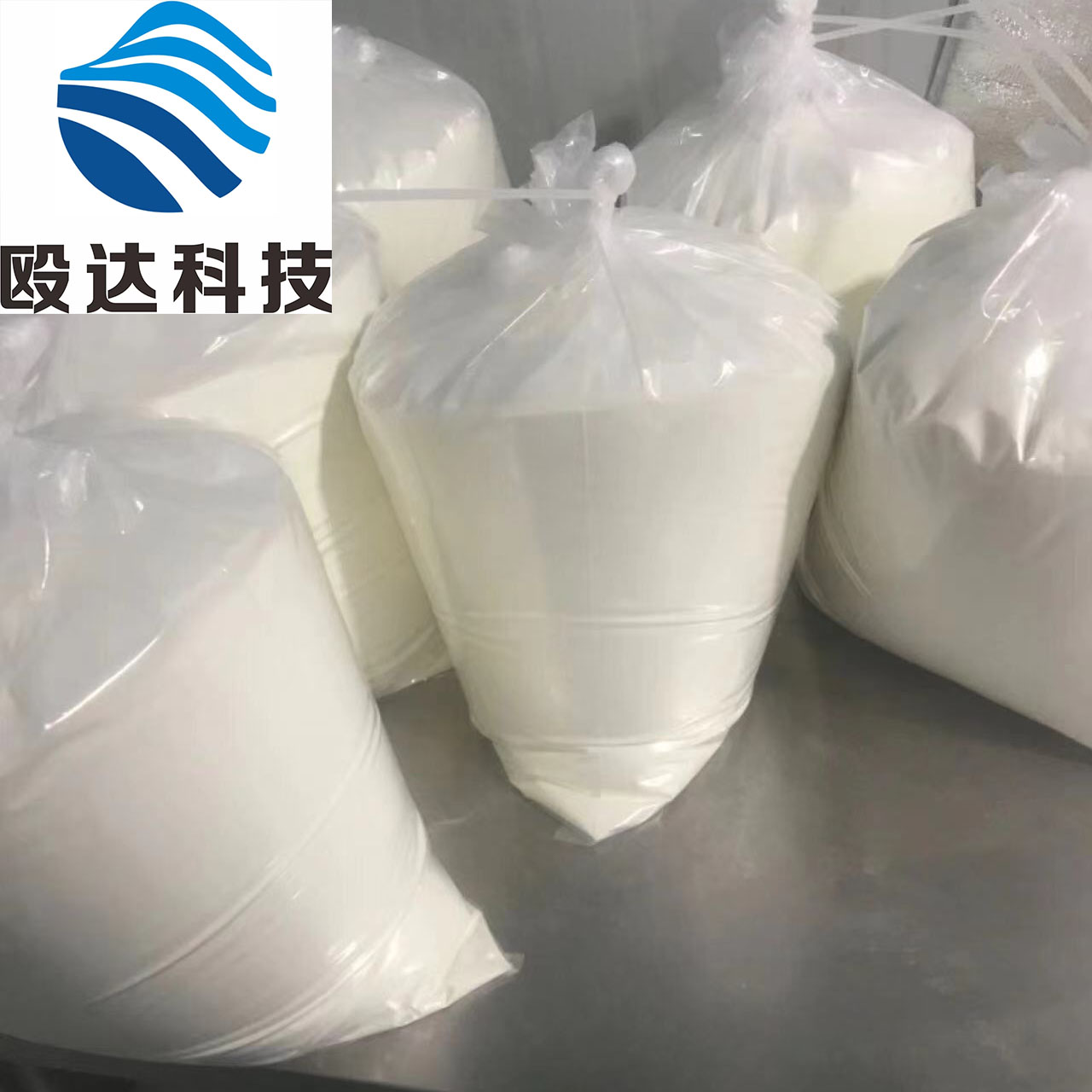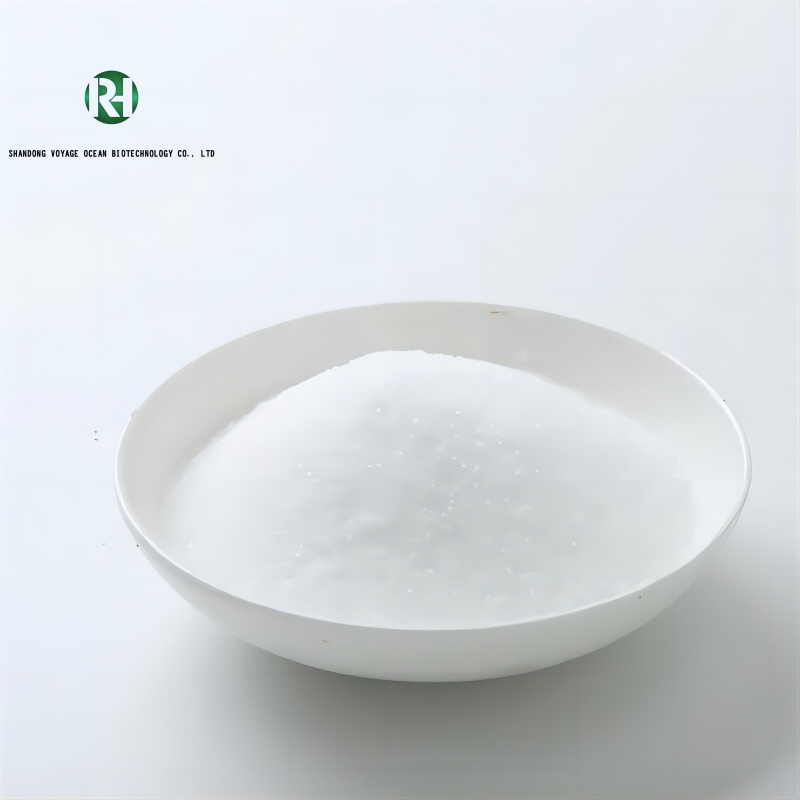Thiazolidinediones have serious side effects in the treatment of diabetes mellitus
-
Last Update: 2020-04-03
-
Source: Internet
-
Author: User
Search more information of high quality chemicals, good prices and reliable suppliers, visit
www.echemi.com
Diabetes is a very serious disease, there are many new diagnosed cases every year, and the number of deaths caused by diabetes is increasing Type 1 diabetes mainly affects children Type 1 diabetes is common in children and adolescents The body of patients can not produce insulin Insulin is an essential hormone that transforms sugar, starch and other foods into life energy This disease accounts for about 5% of the total number of diabetic patients Insulin therapy and other treatment measures help to control the disease, prolong the life span of patients and improve the quality of life Type 2 diabetes is the most common type of diabetes In the case of many people diagnosed with the disease, many people are not aware of their own high risk The disease involves insufficient insulin secretion or cell neglect of insulin A report on fluid retention caused by thiazolidine-two * ketones for diabetes mellitus is published in a report on BioScholar website abroad It is pointed out that thiazolidine-two ketones (TZDs) frequently used in the treatment of diabetes have serious side effects * it affects the kidneys and can cause fluid retention George Seki, a professor at Tokyo University in Japan, said thiazolidinediones can cause weight gain of several kilograms and sometimes lead to heart failure Seki and colleagues report that TZDs act on hormone receptors called peroxisome proliferator activated receptors (PPARs) Seki explained that PPAR is the main gene of adipocyte biology and differentiation, so it becomes the ideal target of diabetes treatment The team also found that peroxisome proliferator activated receptors directly affect renal channels.
This article is an English version of an article which is originally in the Chinese language on echemi.com and is provided for information purposes only.
This website makes no representation or warranty of any kind, either expressed or implied, as to the accuracy, completeness ownership or reliability of
the article or any translations thereof. If you have any concerns or complaints relating to the article, please send an email, providing a detailed
description of the concern or complaint, to
service@echemi.com. A staff member will contact you within 5 working days. Once verified, infringing content
will be removed immediately.







